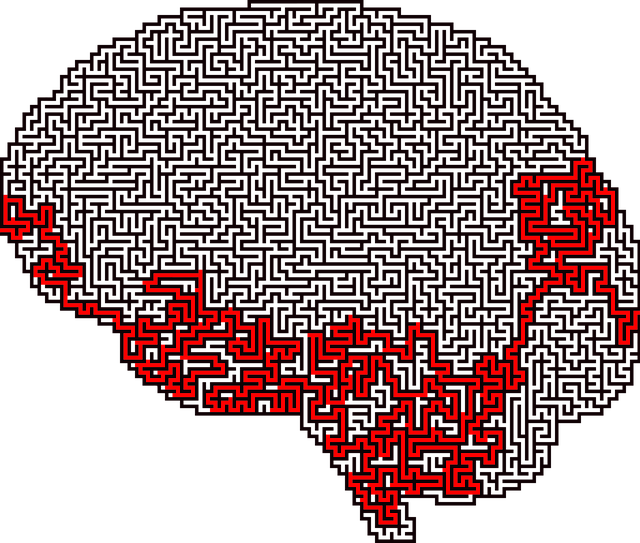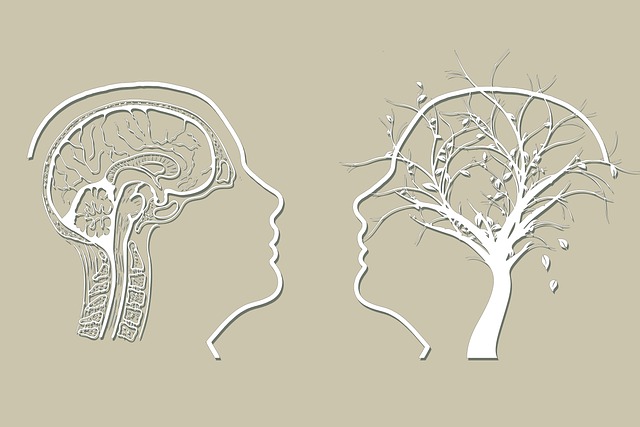Resilience, crucial for overall well-being, is enhanced through the structured framework of Understanding Resilience (RFM). Centennial Psychological Testing Therapy offers a novel approach, helping therapists assess clients' resilience levels and design targeted interventions. Techniques like conflict resolution and mental wellness journaling promote emotional agility and self-awareness, reducing stigma around mental illness. This holistic method addresses cognitive, emotional, and social aspects, equipping individuals with coping skills and stress management tools to thrive in today's fast-paced world.
Resilience is a vital asset in navigating life’s challenges, especially in today’s fast-paced world. This article explores the power of RFM (Resilience, Flexibility, and Mobility) as a framework for enhancing psychological resilience. We delve into the significance of identifying vulnerabilities and strengths through psychological testing, offering a holistic approach like Centennial Psychological Testing Therapy. By implementing targeted resilience-building exercises, individuals can foster mental agility and thrive in diverse circumstances. Discover practical strategies to embark on this transformative journey towards an unshakeable sense of self.
- Understanding RFM: A Framework for Measuring Resilience
- The Role of Psychological Testing in Identifying Vulnerabilities and Strengths
- Implementing Resilience-Building Exercises: Strategies and Techniques
- Centennial Psychological Testing Therapy: A Holistic Approach to Fostering Resilience
Understanding RFM: A Framework for Measuring Resilience

Resilience is a critical component of overall well-being, enabling individuals to navigate life’s challenges and adapt to change. Understanding Resilience (RFM) provides a structured framework for measuring this complex trait. This approach goes beyond traditional mental health assessments by focusing on an individual’s capacity to cope with adversity, bounce back from setbacks, and grow through experiences.
By utilizing Centennial Psychological Testing Therapy, which integrates comprehensive assessment tools, therapists can gain valuable insights into a client’s resilience levels. This knowledge is pivotal in tailoring interventions that foster mental health awareness and depression prevention. Conflict resolution techniques, for instance, can be adapted to enhance resilience by teaching individuals effective coping strategies and building emotional agility.
The Role of Psychological Testing in Identifying Vulnerabilities and Strengths

Psychological testing plays a pivotal role in identifying and understanding individual vulnerabilities and strengths, which are key aspects of resilience building. Through various assessment tools, such as Centennial Psychological Testing Therapy, professionals can gain valuable insights into an individual’s mental landscape. These tests go beyond mere diagnosis; they offer a comprehensive overview of emotional and cognitive functioning, revealing areas where one might be prone to stress or challenges, as well as their inherent capabilities. By identifying these vulnerabilities and strengths, individuals can begin targeted self-Awareness Exercises, paving the way for Inner Strength Development.
For instance, mental wellness journaling exercises guided by professional therapy can help individuals track their emotional patterns, triggers, and coping mechanisms. This introspection allows them to recognize stress or anxiety-inducing situations and develop strategies to navigate through them. Thus, psychological testing acts as a catalyst for personal growth, enabling individuals to foster mental wellness and build resilience in their daily lives.
Implementing Resilience-Building Exercises: Strategies and Techniques

Implementing Resilience-Building Exercises plays a pivotal role in enhancing individuals’ ability to cope with challenges and setbacks. These exercises, often integrated into therapy sessions at Centennial Psychological Testing Therapy, serve as powerful tools against mental illness stigma reduction efforts. By fostering psychological agility, they equip people with strategies to navigate life’s turbulent waters. One effective technique involves exposing individuals to manageable risks, encouraging them to step out of their comfort zones and build confidence in their problem-solving skills.
Additionally, mental wellness coaching programs development focuses on teaching mindfulness practices and emotional regulation techniques. These methods not only aid in stress reduction but also empower individuals to cultivate a growth mindset, viewing setbacks as opportunities for learning and personal growth. Such approaches are particularly valuable in today’s fast-paced world where the constant demand for productivity can lead to heightened stress levels. Through these resilience-building exercises, individuals can develop the mental fortitude necessary to thrive despite life’s challenges.
Centennial Psychological Testing Therapy: A Holistic Approach to Fostering Resilience

The Centennial Psychological Testing Therapy is a comprehensive framework that goes beyond traditional therapy models by adopting a holistic approach to building resilience. This innovative method recognizes that fostering resilience requires addressing not just cognitive aspects but also emotional and social components of an individual’s life. Through a series of tailored exercises, this therapy aims to enhance coping skills development, enabling individuals to navigate challenging situations with greater ease. By integrating Conflict Resolution Techniques and promoting Emotional Intelligence, the process equips clients with valuable tools to manage stress, resolve internal conflicts, and understand their emotions more profoundly.
Centennial Psychological Testing offers a unique perspective on resilience by encouraging self-discovery and personal growth. The exercises are designed to help individuals identify their strengths and weaknesses, providing them with a roadmap for personal development. By mastering Conflict Resolution Techniques and cultivating Emotional Intelligence, clients gain the confidence to face adversity head-on, ensuring they can adapt and grow from every experience. This holistic approach is particularly beneficial in today’s fast-paced world, where resilience is not just an advantage but a necessity.
The implementation of RFM, as outlined in this article, provides a comprehensive approach to building resilience. By combining psychological testing and holistic therapy like Centennial Psychological Testing Therapy, individuals can effectively identify and strengthen their vulnerabilities while cultivating a robust mental framework. This dual-pronged strategy ensures that people not only understand their unique challenges but also develop the tools needed to navigate life’s adversities with greater ease and adaptability.














